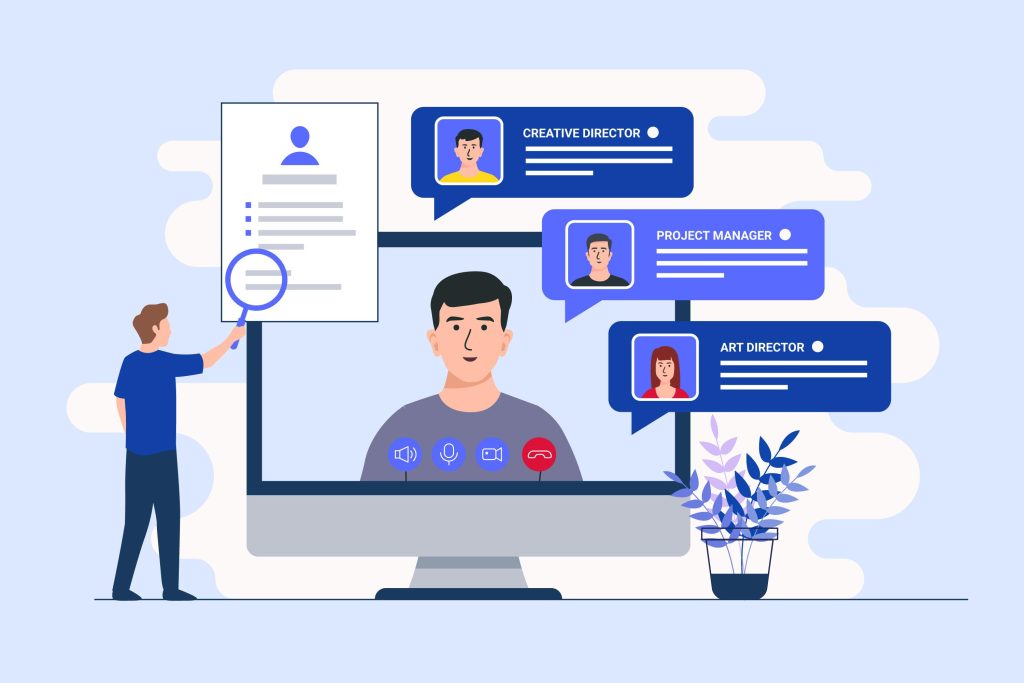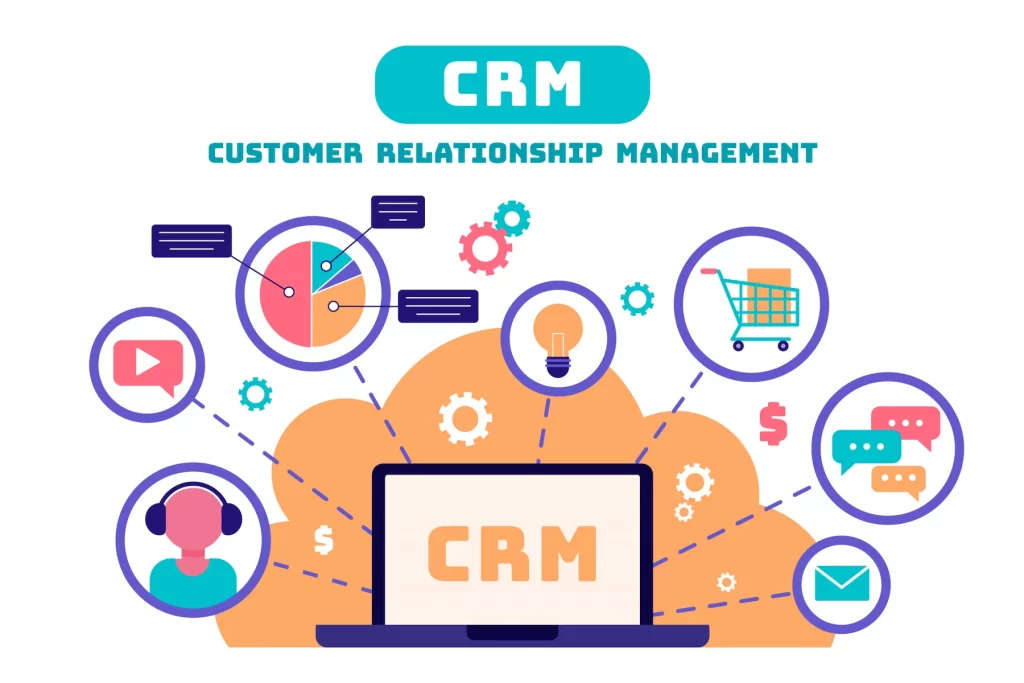When it comes to recruitment technology, the two names you’ll hear most are
- Applicant Tracking System
- Customer Relationship Management Software
Often, both terms are used interchangeably or can be found in a single recruiting software. But which tool does your recruitment business really need?
To help you make an informed decision, here’s everything you need to know about applicant tracking systems and customer relationship management tools.
What is an ATS and How Can it Help You?
The principal function of ATS is to streamline and automate the hiring process. Here’s how an ATS helps in creating a more efficient recruiting process.

1. Job Ad Posting Made Easy
Reaching out to as many candidates as possible is an absolute priority for recruiters. That makes posting job ads on multiple platforms necessary, often claiming several manual hours.
You can automate your job posting through ATS with just a single click.
2. Primary Screening Benefit
Candidate screening is a redundant and time-consuming process of a recruitment drive.
Fortunately, where there is redundancy, an ATS is there to help!
All you need to do is curate a set of requirements and questions. Then, an ATS will automatically screen resumes and conduct the primary interview for you.
3. Saving Recruitment Time
Being time-efficient is the only way of landing the most suitable candidate for a role. So it’s necessary to cut time wherever possible.
Through its collaborative, transparent, and automated interface, an ATS significantly reduces the time spent on time-consuming tasks like onboarding, candidate sourcing, interview scheduling, and maintaining communication.
What is a CRM Software, and How Can It Help You?

The principal function of a CRM is to maintain relationships with new and old candidates.
Let’s explore how.
1. Improved Candidate Sourcing
Candidate sourcing is one of the biggest challenges of recruitment. Whether passive or active, candidate sourcing plays a crucial role in future hiring.
With a CRM, you can have a competent talent pool ready for you at all times, even if they are not yet a part of your workforce.
2. Bridging Communication Gaps
Communication is vital for any successful recruiter.
With a CRM, recruiters can automate responses, forward emails, and keep talent pools constantly updated with new job openings to keep them engaged with your agency for top-notch candidate experience.
3. Centralized Database
With the constant inflow of crucial data, recruitment agencies struggle to organize everything under one roof.
A CRM does that for you by tracking and storing all the relevant data for future reference.
While ATS helps you fasten up your hiring process with a collaborative approach, a CRM will ensure that you secure a strong employer brand.
What exactly are you looking for? Choose your best software, likewise.
































































